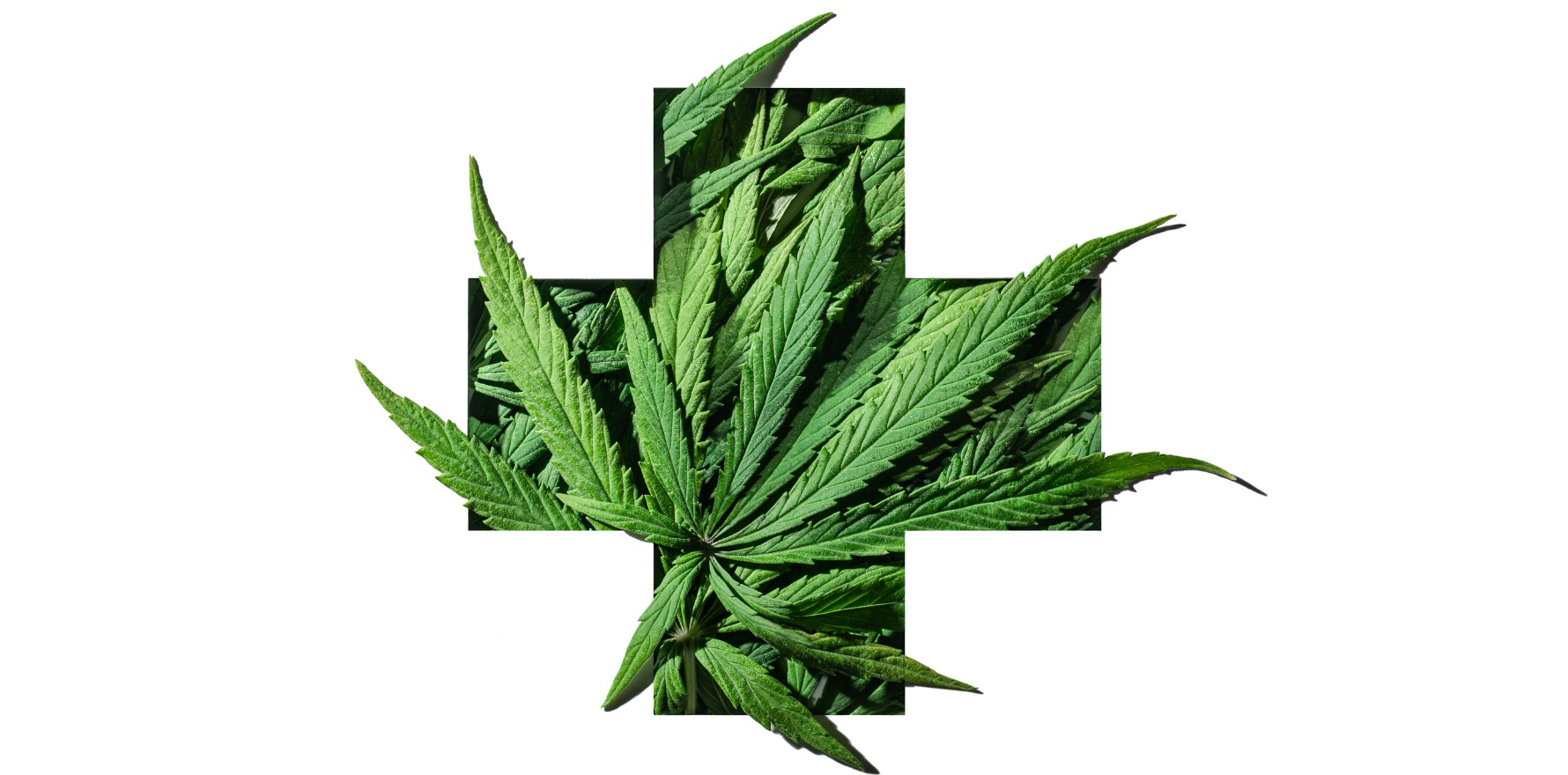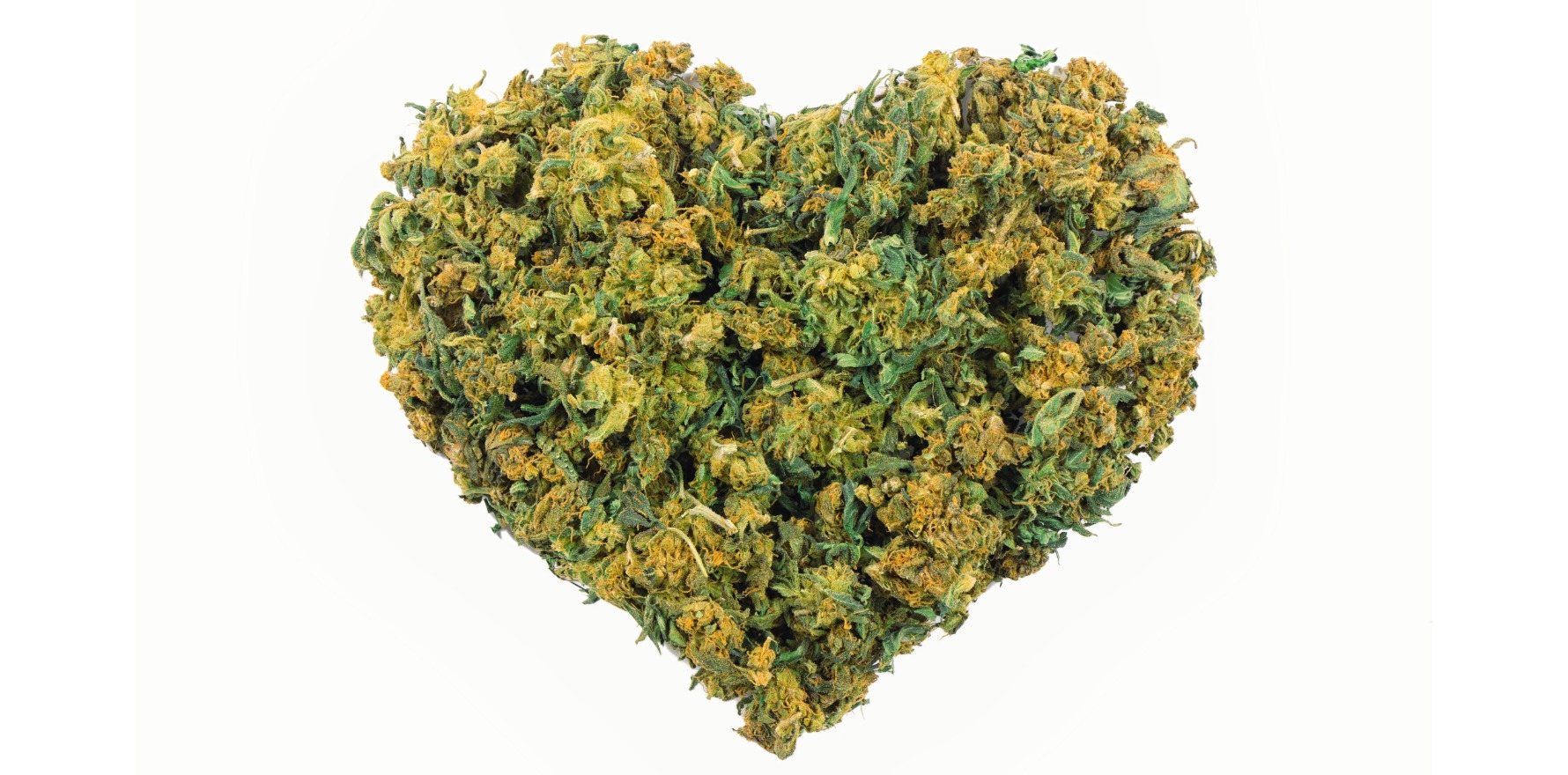Don’t lose sight of the fact that most medicinal cannabis is a Schedule 8 drug.
The Australian Medicinal Cannabis Organisation has put out new guidelines on prescribing for patients with known or suspected substance use disorders, following what some have called a crackdown in NSW.
“What NSW Health did is they basically turned the lens on and found a number of doctors and pharmacies that, according to them, were not practicing according to the regulations, and they put some restrictions of practice on them,” University of Sydney addiction specialist Professor Nicholas Lintzeris told TMR.
Rumours of a statewide crackdown started making the rounds in June, with reports published in industry media outlet Cannabiz that up to 40 clinicians had been contacted by NSW Health’s Pharmaceutical Services Unit in relation to their prescribing.
The Medical Republic reached out to NSW Health at the time to confirm the exact numbers, but was only told that it routinely investigates prescribing and dispensing of Schedule 8 medicines.
“Any conditions imposed on a NSW medical practitioner’s registration regarding their prescribing of medicinal cannabis are independently taken by the Medical Council of NSW,” a NSW Health spokesman said.
“The Pharmaceutical Services Unit may also take action, against health practitioners who prescribe medicinal cannabis where there are concerns their practice contravenes NSW’s Poisons and Therapeutic Goods Regulation.”
While some CBD-only products are categorised as Schedule 4, most medicinal cannabis products fall under Schedule 8.
TMR understands that the unit has since made minor changes to the authorities it issues to prescribers.
“There’s been a number of cases where patients have turned up to their pharmacy expecting to get their next script and finding that they’ve been cut off … because their doctor’s scripts are no longer considered valid.,” said Professor Lintzeris.
“We’ve also been hearing that there are some cannabis treatment providers who pre-emptively decided that they are not going to treat patients that they think have got issues around addiction.”
Professor Lintzeris – working with the Australian Medicinal Cannabis Association – helped produce interim guidance on THC-based medicinal cannabis treatment for people with cannabis or substance use disorder.
The guidelines recommend oral formulations like oil or capsules over inhaled formulations like vapes or herbs for patients who will be using more regularly.
The underlying principle isn’t dissimilar to the argument for slow-release opioids.
Oral formulations tend to take a longer time to kick in and reach peak efficacy, whereas inhaled formulations have a much faster onset but shorter duration.
“The rationale here is that long-acting formulations produce less variation between peak and trough plasma levels: high peak plasma levels can be associated with intoxication, whereas trough levels can be associated with reduced clinical effect (e.g. worsening of pain symptoms), withdrawal and increased cravings,” the guidelines said.
For patients without significant tolerance to cannabis, it recommends commencing with 1mg or 2.5mg oral THC once or twice a day, and titrated up by 1mg or 2.5mg increments every few days.
Most patients, it said, can be effectively treated in the range of 10mg to 20mg per day.
Patients who present with a clear history of tolerance, on the other hand, can be initiated on oral THC within the 5mg to 10mg per day range and titrated up to between 30mg and 60mg per day.
The guidelines warn that most patients will not benefit from doses exceeding 80mg per day and recommended doctors seek a second opinion for these cases.
“A lot of doctors and pharmacists [that I’ve spoken to] were treating THC like most other medications and were not necessarily aware of or following all the extra safety things you need to be having in place when you’re prescribing a Schedule 8 medicine,” Professor Lintzeris said.
“So the guidance is an attempt at clarifying what we have to do when we use these medications.”
There are only two cannabis-based medicines licensed and registered with the TGA, all others are unapproved – i.e. have no recognised clinical indications, dosing specifications, contraindications or adverse event profiles – but must comply with TGA testing, labelling and manufacturing protocol.
Related
Doctors and nurses have two pathways to prescribing: the special access scheme and the authorised provider scheme.
The latter is more typical for doctors doing a higher volume of cannabis prescribing, whereas the special access scheme works on a case-by-case basis.
There are also separate state and territory regulations unique to each jurisdiction.
In NSW, for example, doctors need an approval from the state Ministry of Health or supply cannabis medicines to drug dependent patients or children under 18, while in WA GPs are instead encouraged to seek non-GP specialist input for those patients.





